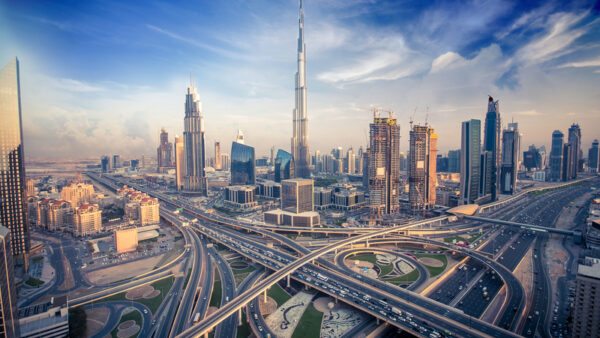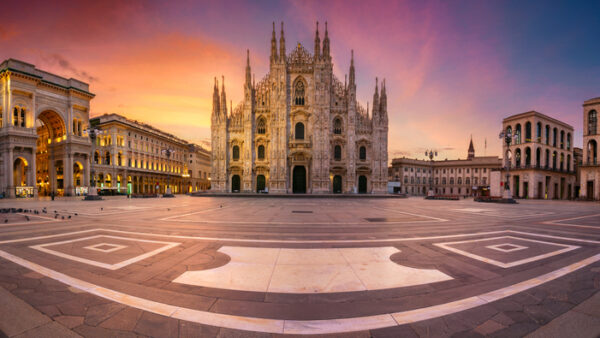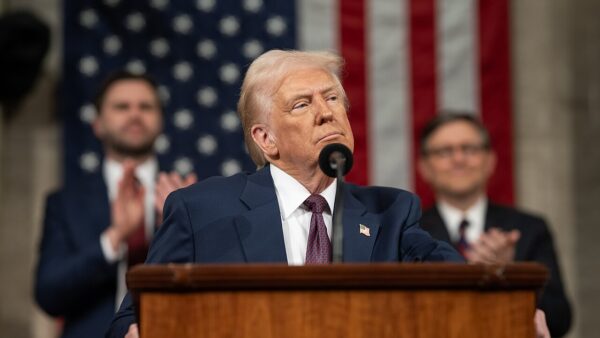Three countries have agreed on the selection of French company Artelia Group to help study the impact of Africa’s biggest hydroelectric project – the $4.8bn Grand Ethiopian Renaissance Dam (GERD) – as the uneasy truce on the scheme between Ethiopia, Egypt and Sudan continues into 2016.
The decision, which was among others reached by foreign ministers in the Sudanese capital of Khartoum on 29 December (pictured), is seen as a long-overdue step as Ethiopia continues building its massive dam for the waters of the Blue Nile, amid deep concern on the part of Egypt.
The dam, already half built by Italian contractor Salini Impregilo, is the most important project in Ethiopia. The GERD hydroelectric power plant will have an installed capacity of 6,000 MW – more than double Ethiopia’s current generating capacity – and is central to the government’s plan to be a net power exporter to the electricity-starved continent.
Engineering consultancy Artelia Group now joins BRL Ingénierie, another French consulting group, in assessing the impact of the dam.
Its appointment restarts the controversial probe, which stalled after the Dutch research institute Deltares withdrew from the study in September 2015, stating that the conditions imposed by the three countries and BRL on how the study should be done “did not provide sufficient guarantee for Deltares that an independent high-quality study could be carried out”.
The new technical studies will start in February, and will take between six and 15 months, said Sudanese water minister Moataz Mousa after the December meeting in Khartoum, according to reports.
We are still facing a great dilemma, since Ethiopia is insisting on continuing construction of the dam without taking any political pledge to comply with the studies’ recommendations, which may be difficult to implement after the dam is complete and operating– Egyptian official
Since construction of the nearly two-kilometre-wide, 170-m-high dam began in 2011, governments in Egypt have cast GERD as an existential threat, claiming it will reduce the flow of the Nile, on which Egypt depends.
Ethiopia denies that Egypt and other downstream countries will be adversely affected by GERD, but the prospect of war over the dam was raised in 2013 and 2014.
A truce was reached in March 2015, when a declaration of principles that gave conditional assent to the construction was signed by Egypt, Ethiopia and also Sudan, which had initially backed Egypt in opposing the dam but which now broadly supports it due to the anticipated boost in electricity supply.
As well as ratifying Artelia’s appointment, the December meeting mostly affirmed the principles set out the previous March, which commit the countries to speed up the impact study and build trust. A new round of talks is scheduled for February 2016.
Forging ahead regardless?
A sense of mistrust lingers, however. Ethiopia is seen as forging ahead with the project regardless of Egypt’s concerns and before the scheme’s impacts are understood. That impression was bolstered when Ethiopia, against Egypt’s wishes, began diverting water from the Blue Nile to begin filling the GERD reservoir on 26 December, three days before negotiations in Khartoum had concluded.
“We are still facing a great dilemma, since Ethiopia is insisting on continuing construction of the dam without taking any political pledge to comply with the studies’ recommendations, which may be difficult to implement after the dam is complete and operating,” an Egyptian official familiar with the negotiations told the Al-Monitor news site, on condition of anonymity.
In December Egypt also requested that Ethiopia increase the number of lower water gates in the dam to secure a daily flow in case of any malfunction, but during the first technical meeting between experts from the three countries over 7-8 January in Addis Ababa, this was flatly rejected by Ethiopia, according to Al-Monitor.
Another major sticking point in negotiations is how quickly Ethiopia will try and fill the reservoir, which will have a capacity of more than 70 billion cubic metres. Some experts have said it could take seven years, but Egypt wants the period lengthened to 11 years to reduce downstream impacts, another request that Ethiopia has rejected.
Having raised the project funding mostly by itself, the Ethiopian government will be looking to start generating electricity – and a return on its investment – as quickly as possible.
Photograph: Egyptian Foreign Minister Sameh Shoukri (L), Sudanese Foreign Minister Ibrahim Ghandour (C) and Ethiopian Foreign Minister Tedros Adhanom (R) pose after reaching an agreement on the Grand Ethiopian Renaissance Dam in the Sudanese capital Khartoum on 29 December 2015 (Ebrahim Hamid/AFP/Getty)
Comments
Comments are closed.







One side Egypt sponsored propaganda. In December Nile was diverted to go through four major gates at the bottom of the dam, the gates are located on the normal river base the Nile flew before it was diverted. Currently the Nile is flowing through with 40% room to spare and there is no water held behind the dam.
Eqypt prevented and still is preventing Ethiopia getting cheap loans to construct the dam, Ethiopia had to borrow from its people. Naturally they have to start producing electricity soon as possible so they can pay returns on the local investors. The bad will Egypt imposed on the Ethiopians will come to harm it. In any case Egypt evaporates 10 billion meter cube water from high aswan dam a year so why not use that water instead of making noise all the time for a dam build in Ethiopia on an Ethiopian river and with Ethiopian money?
The water and the dam belong to Ethiopia…to produce power, water must pass through the dam…thus water will flow as before and power to be generated…China is building many dams in the mountains, but nobody pushes them around like Egypt thinks they can do with small Ethiopia…British documents “worthless” as they were imperialists taking resources (cheap water & labor) for profit of cotton for their mills…Egypt has huge potential resources of gas, solar, wind and geothermal to develop their own nation and adapt to changing times…why did the World Bank not help finance the GERD?? (an issue to investigate)…many dams are in progress around the world to help prevent “climate change”, an even larger threat to all nations…time to focus on world changes…
How about floating solar power generation on the waters of the Aswan Dam so as to counter evaporation and then from that to power water purification and desalination plants using water out of the Red Sea? It is not a case of what Egypt has that counts ! It is more a case of what Egypt is either doing or not
doing with the massive developmental potentials which it currently has before trying to place any restrictions on its neighbouring states!
Egypt has become the spoilt child of the Nile .
It always wants o be bottle fed.
You are surrounded with two big seas — desalinate and use them !!!!
You have the biggest aquifers in Africa — use them
Your irrigation system is as old as your pyramids — use dripping system